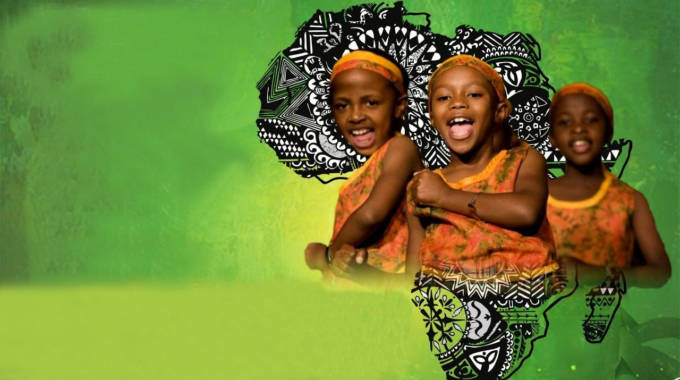
The ManicaPost

JUST a month after the continent celebrated Africa Day, Zimbabwe joins the rest of the region again on June 16 in commemorating the Day of the African Child.
While June 16, 1976 might not ring a bell in many people’s minds, it is an important day in the history of this continent as it highlights the issues that are an albatross around the necks of Africa’s youth – the continent’s future leaders.
Forty-six years ago, the black consciousness that had been seething in the hearts of South African youths manifested in Soweto, South Africa.
The young people demanded a better education system through a series of demonstrations.
As a result, hundreds of students were massacred by the apartheid government during the Soweto uprising.
This unfortunate incident marked the birth of the Day of the African Child, which has been commemorated across Africa every year since 1991 in remembrance of those who perished while pursuing a better life.
The issues that affect the young people in South Africa are the same that affect those in Zimbabwe, including those in Manicaland, hence the need for a wholesome approach in dealing with them.
Sadly, those who lost their lives during the Soweto Massacre must be turning in their graves because more than four decades later, some of the issues that they died for are yet to be adequately dealt with.
Early child marriages seem to be the hottest issue affecting children.
The statistics are astounding.
According to a UNICEF (2021) report, at 33,7 percent, Zimbabwe is among the 20 African countries where child marriages are most prevalent. About 76 percent of Niger’s girls, Mozambique (53 percent) and Tanzania (31 percent) are getting married before turning 18.
In Zimbabwe’s case, the Zimbabwe National Statistics Agency (Zimstat) says one in three girls under 18 are married.While the scenario is slightly better for their male counterparts, ZimFact says about two percent of them get married by the age of 18.
Anna Machaya’s case quickly come to mind.
Eleven months after the 15-year-old’s untimely and painful death during child birth at a Johane Marange Church shrine, the man who had impregnated the young girl is still walking scot free after being granted bail and absconding court.
However, although the situation is gloomy, it is encouraging to note that Zimbabwe is making great strides in addressing this ugly scourge.
In 2016, the country’s Constitutional Court outlawed and criminalised marriage with a child under the age of 18.
The ruling includes marriages under the Customary Marriages Act, which previously had no minimum age requirement and was being exploited to perpetuate child marriages.
However, the Government still needs to further tighten the legal screws on child marriages.
Children need further legal guidance and protection as they are still being forced or manipulated into marriage despite the country’s laws.
Several cases of child marriages, forced marriages and statutory rape are often swept under the carpet as families opt to receive compensation and settle the issues without involving law enforcement agents.
Such cases are awash at the traditional courts.
Communities need to step up to ensure that they watch over every child and report whenever the law is breached.
With regards to the education sector, Government is working round the clock to ensure that no child and no place is left behind.
Measures have been put in place to ensure that underprivileged students are not disadvantaged.
The Basic Education Assistance Module (Beam) has already been expanded to cover 1.5 million beneficiaries this year.
As schools continue to transition towards digital teaching and learning, Government and several corporates, including Zimpapers, have been availing technological gadgets to school children in remote areas so that they are part of the global village.
It is crucial that we invest heavily in the education sector because there is a correlation between education, poverty and child marriages; hence the need to ensure that our young people stay in school for as long as possible.
The more educated the Zimbabwean child gets, the more we will quash all the other problems plaguing them.
After all, an idle mind is the devil’s workshop.



